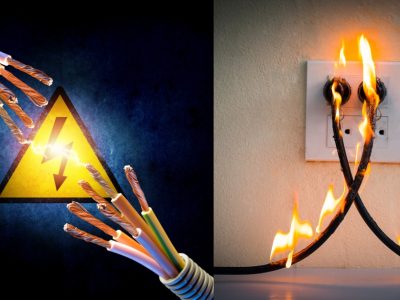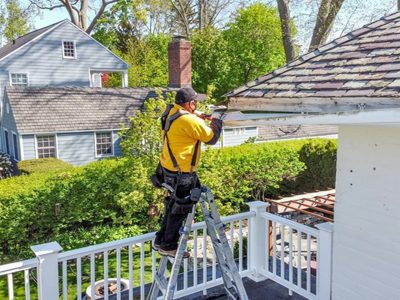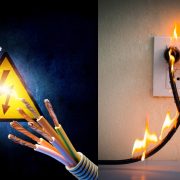Handling HVAC problems effectively involves a combination of awareness, professional assistance, and proactive maintenance. By educating yourself about potential issues, relying on experienced technicians for repairs, maintaining contacts with trusted service providers, and considering system upgrades when necessary, you can ensure optimal performance and comfort from your HVAC system.
It can be frustrating, but knowing how to handle them efficiently can save you time, money, and stress. Here are four effective ways to tackle HVAC issues and maintain a comfortable indoor environment.
Educate Yourself About Possible Issues
Understanding common HVAC problems can empower you to identify issues early and take appropriate action. Educate yourself about signs of HVAC malfunction, such as unusual noises, inconsistent temperatures, or increased energy bills. Regularly check and clean air filters, inspect ductwork for leaks, and ensure proper airflow around outdoor units. Knowing the basics can help you troubleshoot minor issues and prevent larger problems from occurring.
Get Repairs from a Professional
While DIY solutions can be tempting, HVAC systems are complex and require specialized knowledge for proper diagnosis and repair. When facing significant issues or if basic troubleshooting doesn’t resolve the problem, it’s best to seek help from licensed AC repair services. Professional repairs not only ensure safety and efficiency but also extend the lifespan of your HVAC system.
Keep Service Providers in Your Contacts
Maintaining a list of reputable HVAC service providers can be invaluable during emergencies or routine maintenance. Research local companies with positive reviews, certifications, and experience in handling your specific HVAC system. Establishing a relationship with a reliable service provider ensures prompt assistance when needed and access to professional advice for preventive maintenance and upgrades.
Consider Installing a Newer System
If your HVAC system is outdated, inefficient, or constantly requiring repairs, it may be time to consider newer technologies like emergency heat pump services. Modern HVAC systems offer enhanced energy efficiency, advanced features like programmable thermostats and zoning options, and improved indoor air quality. While initial costs may be higher, the long-term savings on energy bills and reduced repair expenses make upgrading a worthwhile investment.
Implement Regular Maintenance Checks
Scheduled maintenance allows technicians to inspect, clean, and tune-up various components, identifying potential issues before they escalate into costly problems.
During maintenance visits, professionals can also calibrate thermostats, check refrigerant levels, and test system efficiency. By staying proactive with regular maintenance checks, you can extend the lifespan of your HVAC system, minimize the need for repairs, and maintain consistent and efficient operation year-round.
Utilize Energy-Efficient Practices
Implementing energy-efficient practices can significantly reduce HVAC costs and environmental impact. Start by setting programmable thermostats to optimize temperature settings based on occupancy and schedule. Proper insulation and sealing of windows and doors prevent heat loss or gain, reducing the workload on HVAC systems.
Regularly clean or replace air filters to maintain optimal airflow and efficiency. Utilize natural ventilation when possible, such as opening windows during mild weather. By adopting these practices, you can lower energy bills, extend the lifespan of HVAC systems, and contribute to a greener workplace environment.









Comments